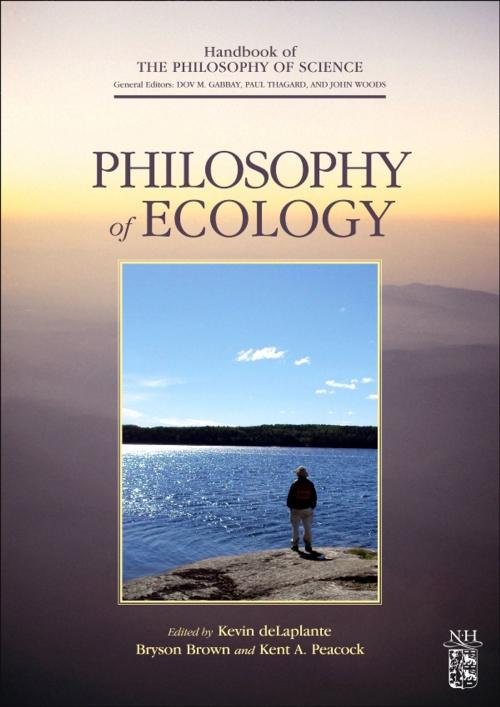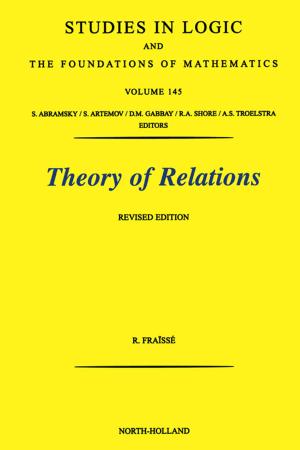Philosophy of Ecology
Nonfiction, Science & Nature, Science, Biological Sciences, Ecology, Social & Cultural Studies, Political Science, Government, Public Policy, Nature| Author: | Kevin de Laplante, Kent Peacock, Bryson Brown, John Woods, Dov M. Gabbay, Paul Thagard | ISBN: | 9780080930756 |
| Publisher: | Elsevier Science | Publication: | May 16, 2011 |
| Imprint: | North Holland | Language: | English |
| Author: | Kevin de Laplante, Kent Peacock, Bryson Brown, John Woods, Dov M. Gabbay, Paul Thagard |
| ISBN: | 9780080930756 |
| Publisher: | Elsevier Science |
| Publication: | May 16, 2011 |
| Imprint: | North Holland |
| Language: | English |
The most pressing problems facing humanity today — over-population, energy shortages, climate change, soil erosion, species extinctions, the risk of epidemic disease, the threat of warfare that could destroy all the hard-won gains of civilization, and even the recent fibrillations of the stock market — are all ecological or have a large ecological component. in this volume philosophers turn their attention to understanding the science of ecology and its huge implications for the human project.
To get the application of ecology to policy or other practical concerns right, humanity needs a clear and disinterested philosophical understanding of ecology which can help identify the practical lessons of science. Conversely, the urgent practical demands humanity faces today cannot help but direct scientific and philosophical investigation toward the basis of those ecological challenges that threaten human survival. This book will help to fuel the timely renaissance of interest in philosophy of ecology that is now occurring in the philosophical profession.
- Provides a bridge between philosophy and current scientific findings
- Covers theory and applications
- Encourages multi-disciplinary dialogue
The most pressing problems facing humanity today — over-population, energy shortages, climate change, soil erosion, species extinctions, the risk of epidemic disease, the threat of warfare that could destroy all the hard-won gains of civilization, and even the recent fibrillations of the stock market — are all ecological or have a large ecological component. in this volume philosophers turn their attention to understanding the science of ecology and its huge implications for the human project.
To get the application of ecology to policy or other practical concerns right, humanity needs a clear and disinterested philosophical understanding of ecology which can help identify the practical lessons of science. Conversely, the urgent practical demands humanity faces today cannot help but direct scientific and philosophical investigation toward the basis of those ecological challenges that threaten human survival. This book will help to fuel the timely renaissance of interest in philosophy of ecology that is now occurring in the philosophical profession.
- Provides a bridge between philosophy and current scientific findings
- Covers theory and applications
- Encourages multi-disciplinary dialogue















